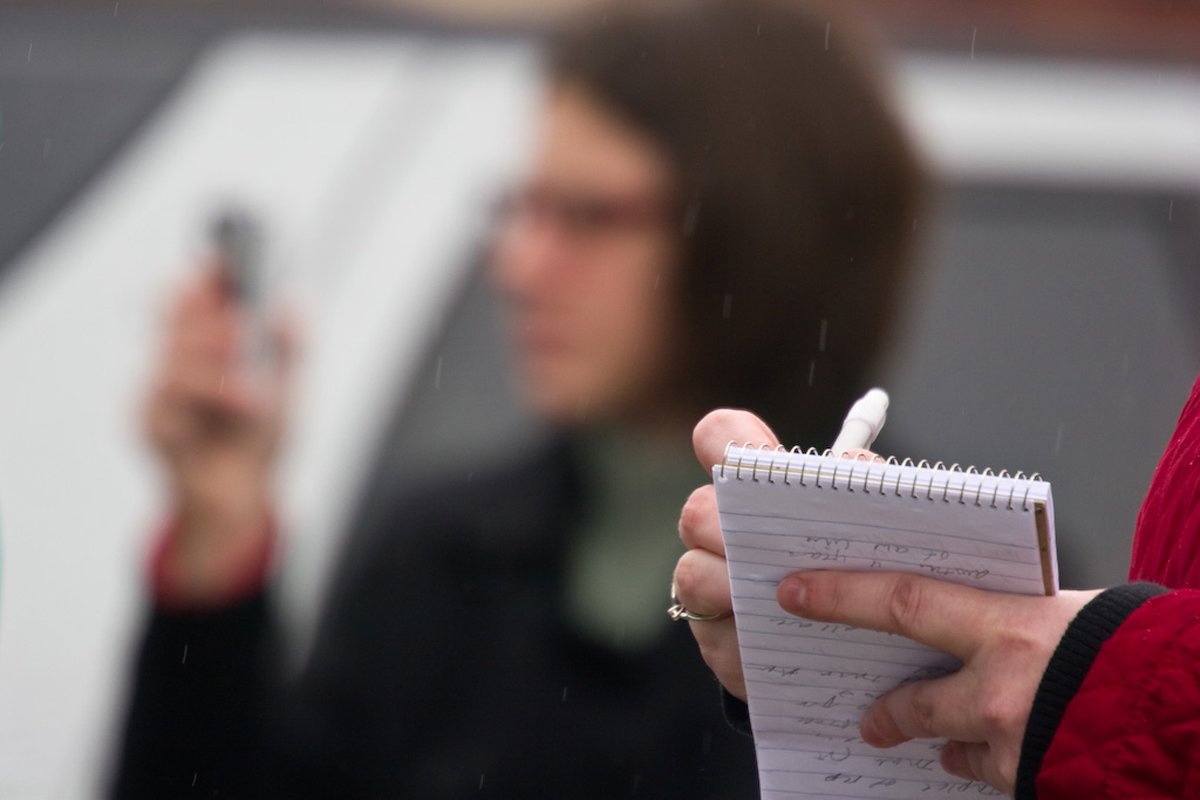Venezuela Harnessing AI to Protect Journalists Amid Government Crackdowns
AI broadcasters came to the fore (Image Source)
Two new broadcasters debuted on air in Venezuela this September. Only the broadcasters, “La Chama” (The Girl) and "El Pana" (The Friend), are not real—they are a part of Colombian company Connectas’ “Operation Retweet,” which creates AI-generated avatars to deliver news.
Connectas developed Operation Retweet following Venezuela’s controversial July election, in which the U.S. Department of State attests that Nicolás Maduro falsely claimed victory. The Maduro-controlled government has since cracked down on journalists covering election and post-election news, arresting at least 16 since July 28, Connectas reports. While some are still yet to be charged, others received charges of terrorism, incitement, or hatred.
To protect journalists, several independent news organizations are collaborating on Operation Retweet, taking advantage of technological advances to disseminate election information without revealing journalists’ identities.
Operation Retweet was specially designed to publish news via social media, where most Venezuelans get their news due to restrictions on traditional media. According to the Committee to Protect Journalists, government censors have ensured that only pro-Maduro and ruling government propaganda is able to reach TV, radio, or printed news, while they confine opposition news to independent organizations (some of which Venezuela blocks) or social media channels.
Mexico’s Grupo Fórmula says it was the first to create an AI news presenter in Latin America. It has three broadcasters: entertainment broadcaster NAT, political broadcaster SOFI, and sports broadcaster MAX.
Unlike Operation Retweet’s mission, Grupo Fórmula developed its AI broadcasters to better connect with younger audiences who do not resonate with traditional newscasts. By using these broadcasters, Grupo Fórmula can better transition from radio and television to streaming and social media.
Both Operation Retweet and Grupo Fórmula have ensured that these new broadcasters should not threaten journalists’ jobs, reports Reuters. According to CNN, both use a team of real journalists to create and develop their stories, stories they promise human-verified before publication.
However, while both Operation Retweet and Grupo Fórmula claim that their AI-generated broadcasters are meant to support journalism, critics argue that these tools are increasingly being exploited to spread misinformation. In the leadup to the July election, the Maduro regime used AI tools to amplify pro-government narratives on social media and the state broadcaster channel Venezolana de Televisión, writes El País. Similarly, during Mexico’s 2024 presidential race, Wired reports that there were complaints of deepfakes and AI-manipulated content being used to spread false claims about candidates.
While AI has the potential to transform journalism by providing new, safer ways to deliver information, its misuse by governments and political actors demonstrates the urgent need for stronger frameworks to prevent the spread of misinformation and protect democratic processes.

